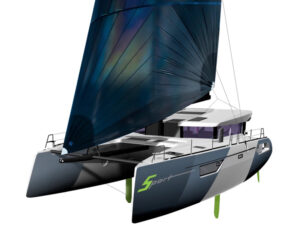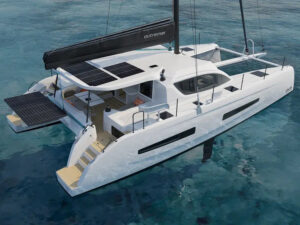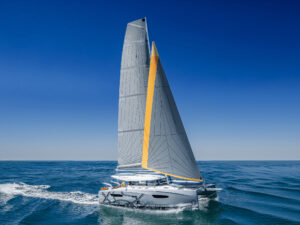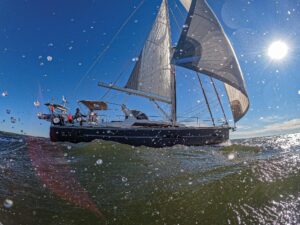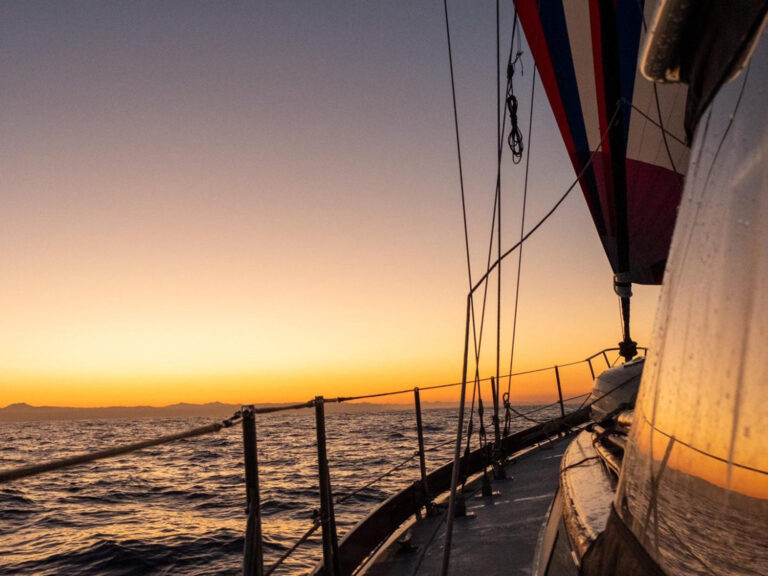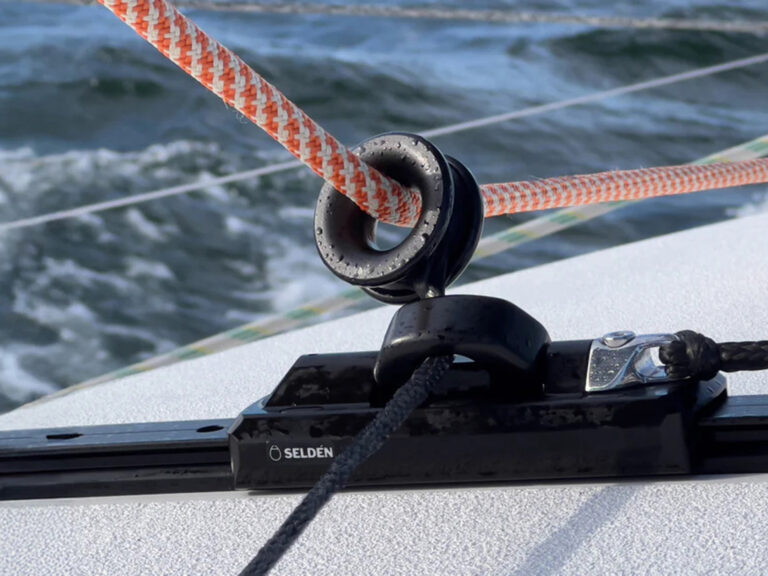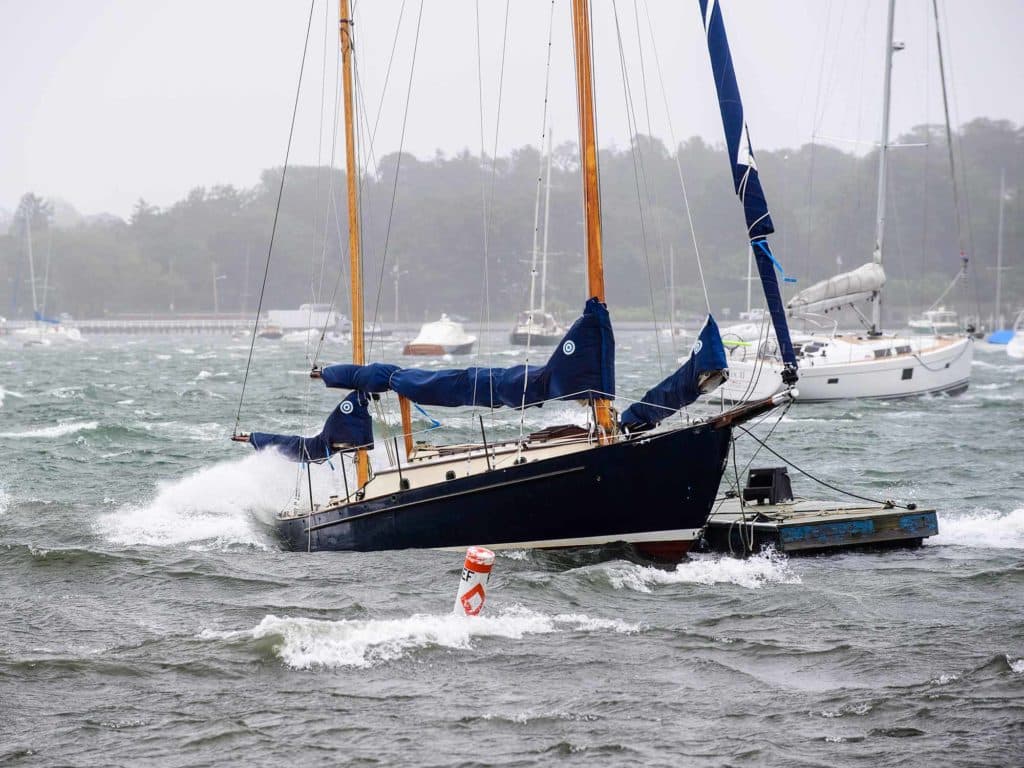
It’s hard to believe, but it’s been a solid three decades since the south coast of New England and Rhode Island—including my hometown of Newport—has been slammed with a direct hit by a major hurricane, so you could say we were overdue. Despite the innocuous name, 1991′s Hurricane Bob was a formidable event, making landfall in Newport as a Category III beast with upward wind speeds of nearly 140 miles per hour. It took me a solid couple of days to clean up my mom’s backyard of the downed branches and debris, and we were the lucky ones in our neighborhood.
Our 30-year-old hurricane-free streak ended earlier this week with the well-forecast arrival of Hurricane Henri, which came ashore at roughly midday on Sunday, August 22, this time in the seaside town of Westerly (hello summer resident Taylor Swift!), right on the Connecticut border. Happily, it was a Category I storm, and was quickly downgraded to tropical-storm status about the same moment it reached Interstate 95. There was little of the drama that accompanied Bob, but it did wreak its quick share of unwanted havoc.
Henri had plenty of advance warning, and local sailors, perhaps remindful of Bob’s bite, quickly went into action. All of the immediate boatyards were bombarded with anxious mariners eager to haul their boats. My colleague Ted Ruegg had his Grand Soleil 34, Grand Plan, parked on a commercial mooring in Newport Harbor and was told unceremoniously that he had to get lost. Immediately. All the familiar local anchorages, including the Kickemuit River in nearby Bristol, filled up rapidly, mostly by on-the-move cruising sailors who were forced by the Newport harbor master to also vacate the premises: no anchoring allowed. It took Ted no less than 18 phone calls—and 17 rejections—before he finally found an available slip in nearby Wickford, across Narragansett Bay.
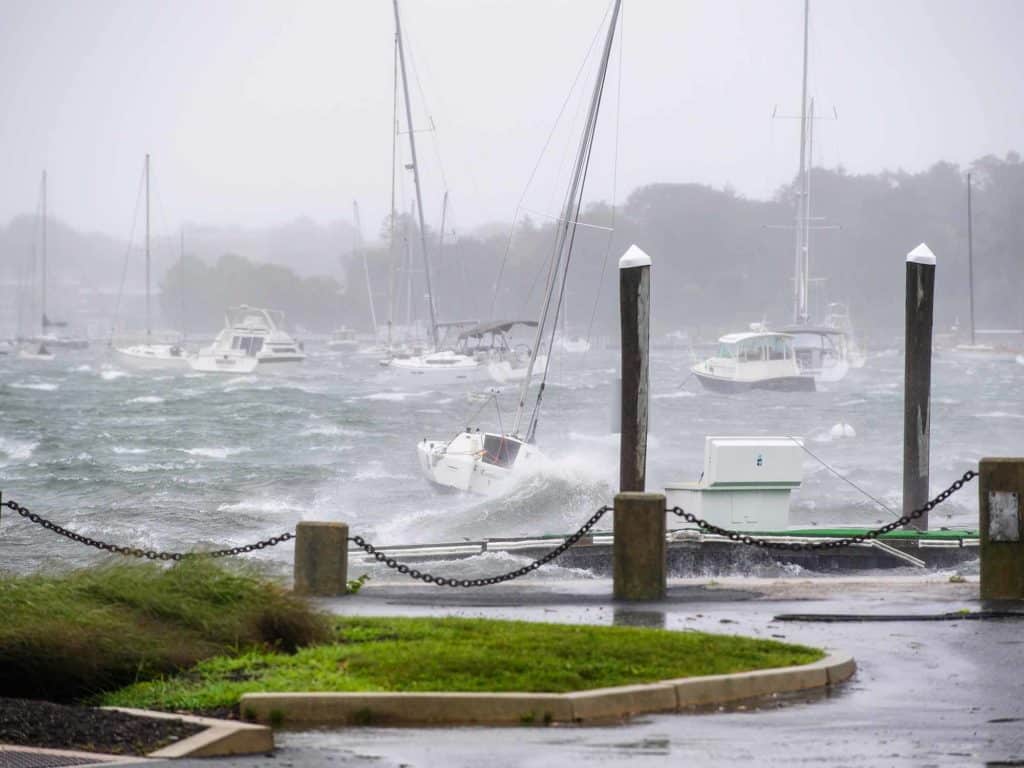
With a track to the west of Newport, we were largely spared from Henri’s wrath, and the major rainfall—which would cream New York City later in the day—was over and done with locally by mid-morning. That said, the nearby buoy reports from Point Judith and up the bay were recording formidable gusts of near 70 knots. Still, by mid-afternoon, things had moderated to the point that Ted and I ventured out to check on our respective boats; my little Pearson Ensign, visible from Fort Adams on its well-protected mooring in Brenton Cove, came through unscathed.
Matters were much different in the town of Jamestown, across the Newport Bridge, which was immediately clear as we crossed the span en route to Ted’s marina in Wickford and had a glance at the shoreline, which was littered with vessels. After a quick inspection of Grand Plan—which was also just fine, nestled in a very protected slip—we made a detour in Jamestown on our return trip to inspect the carnage.
Exposed to the northeast, with a fetch from Newport across the bay, Jamestown’s mooring field took the brunt of Henri’s might. A half-dozen sailboats were scattered along the coastline, with another casualty a few miles north in another open anchorage adjacent to the bridge. The town’s residents were out in force, also checking out the mess, and several of the grounded vessels were still attached to the mooring-ball warps that had clearly failed and sealed their fate. Not a pretty scene.
All in all, however, on one hand it felt like a bullet dodged. On the other, I reckon, when it comes to big hurricanes, we’re still overdue.

